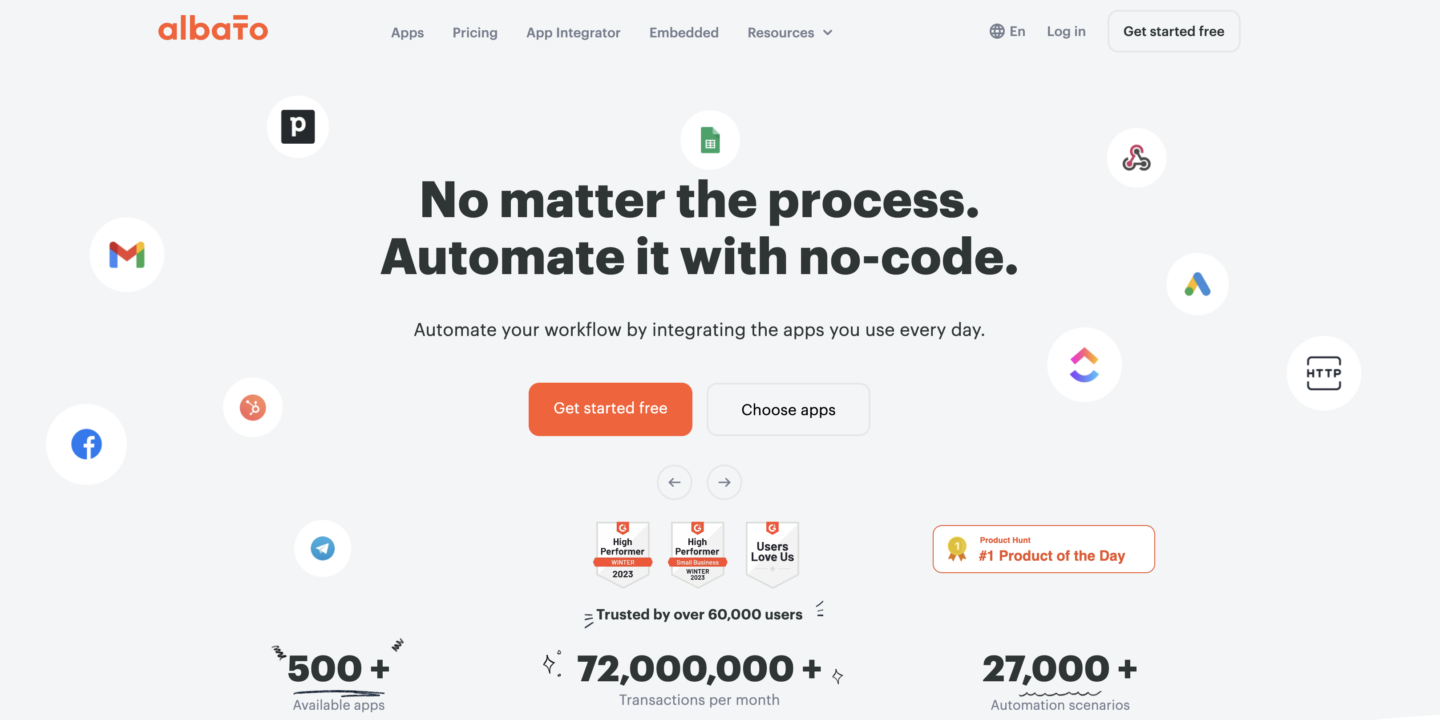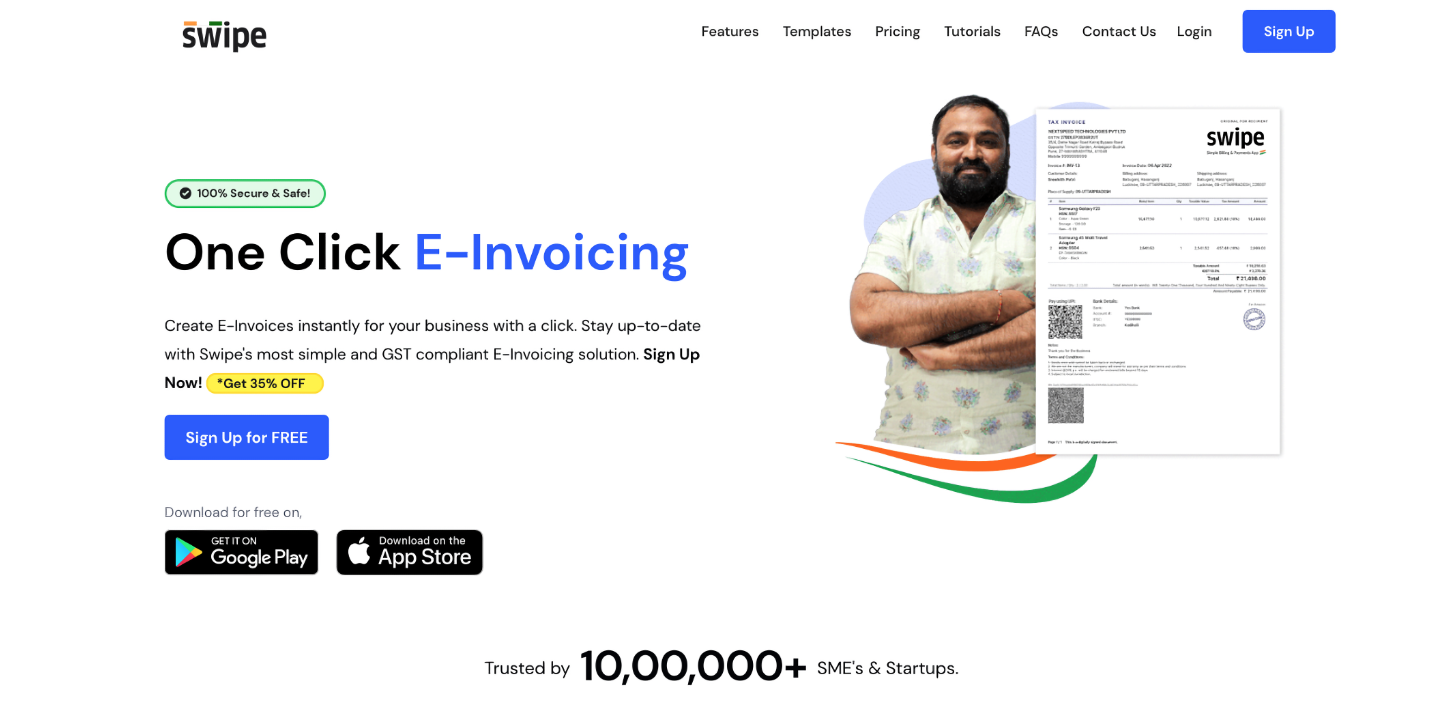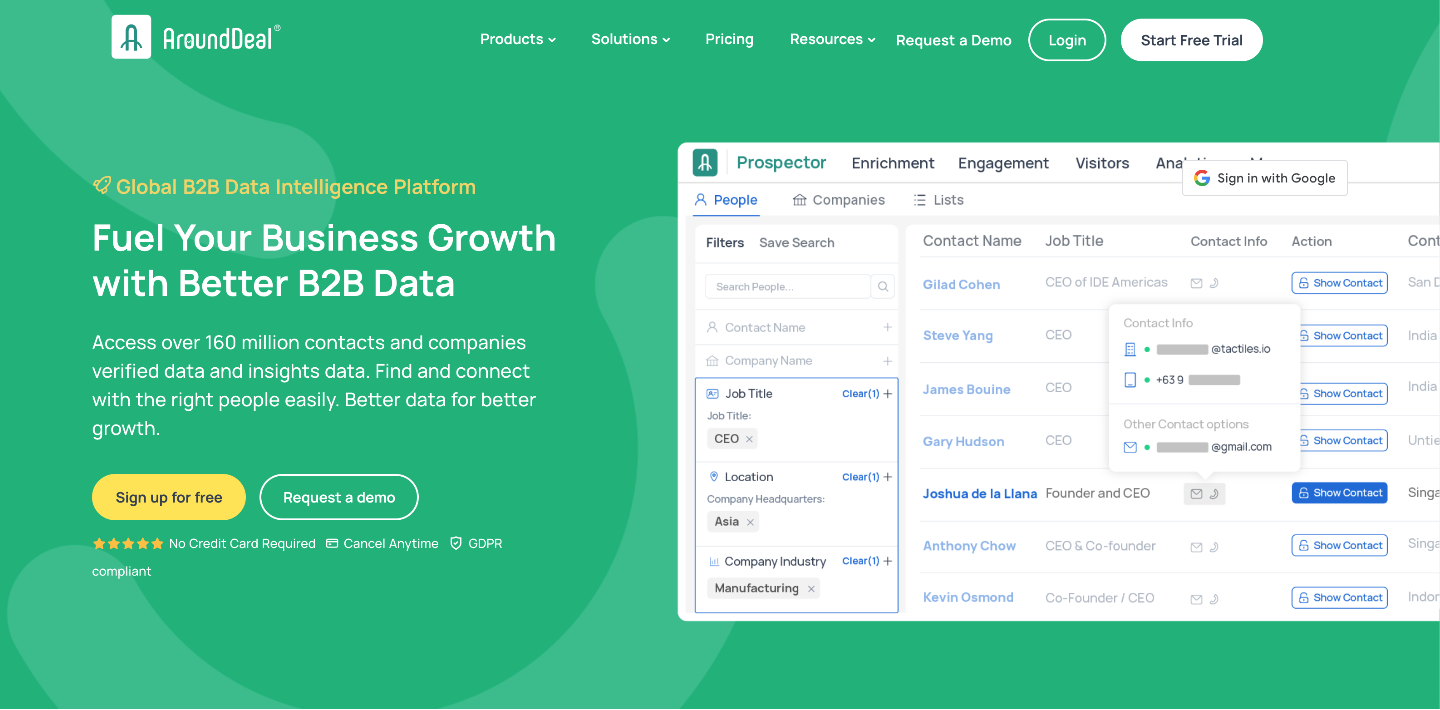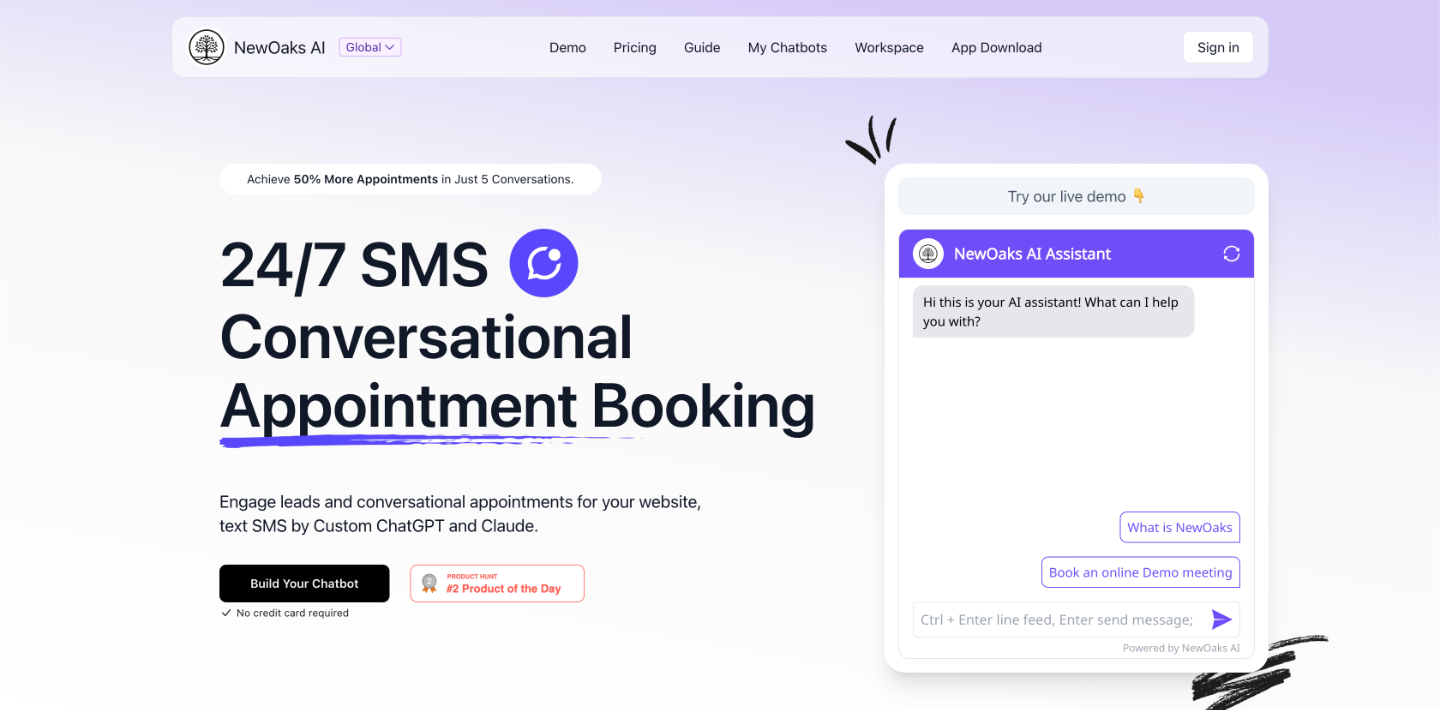
Albato is a powerful platform that allows users to integrate and automate their applications without the need for code. It provides a user-friendly interface and a range of features to simplify the process of connecting and automating various tools and softwares. Whether you’re a small business owner or a software developer, Albato can help streamline your workflows and increase productivity. Here are some key features of Albato:
1. No-code Integration: Albato eliminates the need for coding knowledge by offering a visual interface that allows users to easily connect different apps and platforms just copying and pasting information from the API documentation. This makes it accessible to users of all technical backgrounds.
2. Pre-built Connectors: Albato provides a wide range of pre-built connectors for popular apps and services, including CRMs, communication tools, project management software, and more. This saves users time and effort, as they can quickly connect their favorite tools without starting from scratch.
3. Workflow Automation: With Albato, you can automate repetitive tasks and workflows across different applications. By selecting triggers and actions, you can set up custom workflows that automate processes, saving you time and reducing the risk of errors.
4. Monitoring and Analytics: Albato provides in-depth monitoring and analytics features, allowing users to track the performance of their automations and workflows. This helps identify any issues or bottlenecks and optimize processes for improved efficiency.
How it Helps with Integration and Automation
Albato simplifies the process of integrating and automating applications, providing benefits such as:
• Increased Efficiency: By automating repetitive tasks, Albato frees up time for users to focus on more important and complex tasks, improving overall efficiency.
• Streamlined Workflows: With Albato, you can connect your favorite apps, ensuring a seamless flow of data and information between them. This eliminates manual data entry and reduces the risk of errors and inconsistencies.
• Improved Collaboration: Albato allows teams to work together more effectively by connecting their preferred collaboration tools. This enables real-time communication and streamlines project management.
• Scalability: Albato is designed to scale with your business needs. As your organization grows and you add more applications to your tech stack, Albato can accommodate these changes and ensure smooth integration and automation.

In conclusion, Albato is a powerful platform that simplifies the integration and automation of applications, allowing users to streamline workflows and increase productivity. It’s no-code approach and vast array of features make it accessible to users of all technical backgrounds. With Albato, you can optimize your processes, save time, and achieve greater efficiency in your daily operations.
Benefits of Using Albato
Streamlining Data Sharing and Workflow
Albato offers several benefits that can greatly improve the efficiency and productivity of businesses:
1. Integration without Code: Albato allows users to integrate various apps and systems without the need for coding skills. This means that even non-technical users can easily connect different applications and automate workflows.
2. Centralized Data: With Albato, businesses can centralize their data from various applications into one platform. This unified view of data allows for better analytics, reporting, and decision-making.
3. Automated Workflows: Albato enables users to automate repetitive tasks and workflows across multiple applications. This automation saves time and reduces the risk of errors caused by manual data entry.
4. Data Syncing: Albato ensures that data is synchronized across all integrated applications. This means that any updates or changes made in one application are instantly reflected in all connected systems.
5. Customizable Mapping: Albato provides customizable mapping options, allowing users to map data fields between different applications according to their specific requirements. This flexibility ensures seamless data transfer and compatibility.
Increasing Efficiency and Productivity
By leveraging the capabilities of Albato, businesses can experience significant improvements in efficiency and productivity:
1. Time Savings: Automating workflows and data sync tasks eliminates the need for manual data entry and repetitive tasks. This frees up valuable time for employees to focus on more strategic and high-value activities.
2. Reduced Errors: Manual data entry is prone to human errors, such as typos and incorrect data input. By automating data transfer and synchronization, Albato reduces the risk of errors and ensures data accuracy.
3. Improved Collaboration: Albato facilitates seamless sharing and collaboration between different teams and departments. Data can be easily shared across applications, enabling employees to access and utilize the information they need efficiently.
4. Scalability and Flexibility: Albato’s integration capabilities allow businesses to scale their operations and adapt to changing business requirements. New applications can be easily integrated into the system as the business grows.
5. Cost Savings: By automating workflows and increasing efficiency, Albato helps businesses reduce operational costs. The time and resources saved through automation can be allocated to other critical areas of the business.

In conclusion, Albato offers numerous benefits for businesses looking to streamline their data sharing and workflows, increase efficiency, and boost productivity. Its code-free integration and automation capabilities make it a valuable tool for businesses of all sizes.
Albato vs Traditional Integration Methods
Comparison with Custom Coding
Custom coding is a traditional method for integrating and automating apps, but it can be time-consuming and require specialized skills. Here’s how Albato compares to custom coding:
1. Ease of Use: Albato is a no-code integration platform, which means you don’t need to have coding knowledge to use it. Custom coding, on the other hand, requires developers with expertise in various programming languages.
2. Speed of Implementation: Albato provides pre-built connectors and templates that enable you to integrate apps quickly and easily. Custom coding often requires writing code from scratch, which can take a significant amount of time.
3. Cost-Effectiveness: With Albato, you don’t need to hire expensive developers or dedicate resources to custom coding projects. The platform offers affordable pricing plans that cater to different business needs. Custom coding can be costly in terms of development hours and maintenance.
4. Scalability: Albato allows you to scale your integrations as your business grows. With custom coding, scaling can be complex and time-consuming, requiring updates and modifications to the codebase.
Comparison with Traditional Integration Platforms
Traditional integration platforms have been widely used to connect different applications, but they often come with limitations. Here’s how Albato stands out:
1. No-Code Approach: Albato’s no-code approach makes it accessible to non-technical users, allowing them to integrate and automate apps without relying on IT or development teams. Traditional integration platforms often require advanced technical knowledge.
2. Quick Setup: Albato offers pre-built connectors and templates that simplify the integration process. Traditional integration platforms may require extensive configuration and customization, delaying the setup time.
3. Flexibility: Albato supports a wide range of apps and platforms, including popular ones like Salesforce, Zendesk, Slack, and more. Traditional integration platforms may have limitations in terms of supported applications.
4. User-Friendly Interface: Albato provides a user-friendly interface, making it easy to create workflows and automate tasks. Traditional integration platforms may have complex interfaces and require extensive training.
In summary, Albato offers a no-code integration solution that is user-friendly, cost-effective, and scalable. It simplifies the integration process compared to custom coding and brings advantages over traditional integration platforms.
Use Cases of Albato
E-commerce Integration
Albato’s integration capabilities can greatly benefit e-commerce businesses by automating processes and improving efficiency. Here are some use cases of Albato in the e-commerce industry:
- Order Management: Albato can connect various e-commerce platforms, such as Shopify or WooCommerce, with your order management system. This ensures that all orders are seamlessly synced and accurately processed, reducing manual data entry and the risk of errors.
- Inventory Management: With Albato, you can integrate your e-commerce platform with your inventory management system, such as QuickBooks or Zoho Inventory. This enables real-time updates on stock levels, ensuring accurate product availability and preventing overselling.
- Shipping and Fulfillment: Albato can automate the shipping and fulfillment process by integrating your e-commerce platform with shipping carriers like FedEx or UPS. This streamlines the creation of shipping labels, tracking orders, and sending customers shipping notifications.
- Customer Support: Integrating your e-commerce platform with customer support tools like Zendesk or Freshdesk allows you to view customer information, order history, and communication logs, enabling more personalized and efficient customer support.
CRM Integration
Albato’s integration capabilities can enhance customer relationship management by connecting your CRM system with various apps and platforms. Here are some use cases of Albato in CRM integration:
- Lead Generation: By integrating your CRM system with lead generation tools such as HubSpot or Salesforce, Albato helps streamline the lead capture process, ensuring that all relevant information is automatically synced and available for your sales team.
- Email Marketing and Automation: Albato can integrate your CRM system with email marketing platforms like Mailchimp or ActiveCampaign. This enables automated email workflows based on customer actions, such as abandoned cart reminders or personalized follow-up emails.
- Social Media Management: Albato can connect your CRM system with social media platforms like Facebook or Twitter. This allows you to track customer interactions, monitor social media mentions, and engage with customers directly from your CRM.
Project Management Integration
Albato’s integration capabilities can streamline project management processes by connecting project management tools and platforms. Here are some use cases of Albato in project management integration:
- Task and Project Tracking: By integrating project management tools like Asana or Trello with your team’s communication tools, such as Slack or Microsoft Teams, Albato enables seamless task and project tracking. Updates from one platform are automatically synced to others, ensuring everyone is on the same page.
- Time Tracking and Invoicing: Albato can integrate your project management tool with time tracking and invoicing platforms like Harvest or Xero. This automates the time-tracking process and streamlines the creation of invoices based on project hours logged.
- Document Management: Integrating your project management tool with file-sharing platforms like Google Drive or Dropbox allows for easy collaboration and document sharing. Changes made in one platform are automatically updated in others, ensuring everyone has the latest version of files.
These are just a few examples of how Albato can integrate and automate apps without code, saving time and resources while improving efficiency across various industries and business functions.
How to Use Albato
Getting Started with Albato
Albato is a powerful platform that allows users to integrate and automate various apps without writing a single line of code. Whether you’re a small business owner or a software developer, Albato can simplify your workflow and save time by seamlessly connecting your favorite applications.
To get started with Albato, follow these simple steps:
- Sign up: Visit the Albato website and sign up for an account. You can choose from different subscription plans that match your needs.
- Connect Apps: Once you’ve created an account, you can start connecting your apps. Albato supports a wide range of popular apps, including Salesforce, Shopify, Slack, Gmail, and many more. Simply choose the apps you want to integrate and authorize Albato to access your data. And if you can’t find the app you want, you can deploy it through the no-code App Integrator.
- Create Workflows: After connecting your apps, you can start creating workflows. Workflows in Albato consist of triggers and actions. Triggers are events that initiate a workflow, such as receiving an email or a new customer in your CRM. Actions are the tasks you want to automate, such as sending a notification or updating a spreadsheet.
- Customize Workflows: Albato allows you to customize your workflows by adding conditions, filters, and transformation tool. This gives you full control over how data is processed and shared between your apps.
- Test and Deploy: Before deploying your workflows, Albato provides a testing environment where you can simulate your triggers and actions to ensure everything is working correctly. Once you’re satisfied with the results, you can deploy your workflows to start automating your tasks.
Albato makes app integration and automation accessible to anyone, regardless of their coding skills. With its intuitive interface and powerful features, Albato can help streamline your business processes and boost your productivity.















